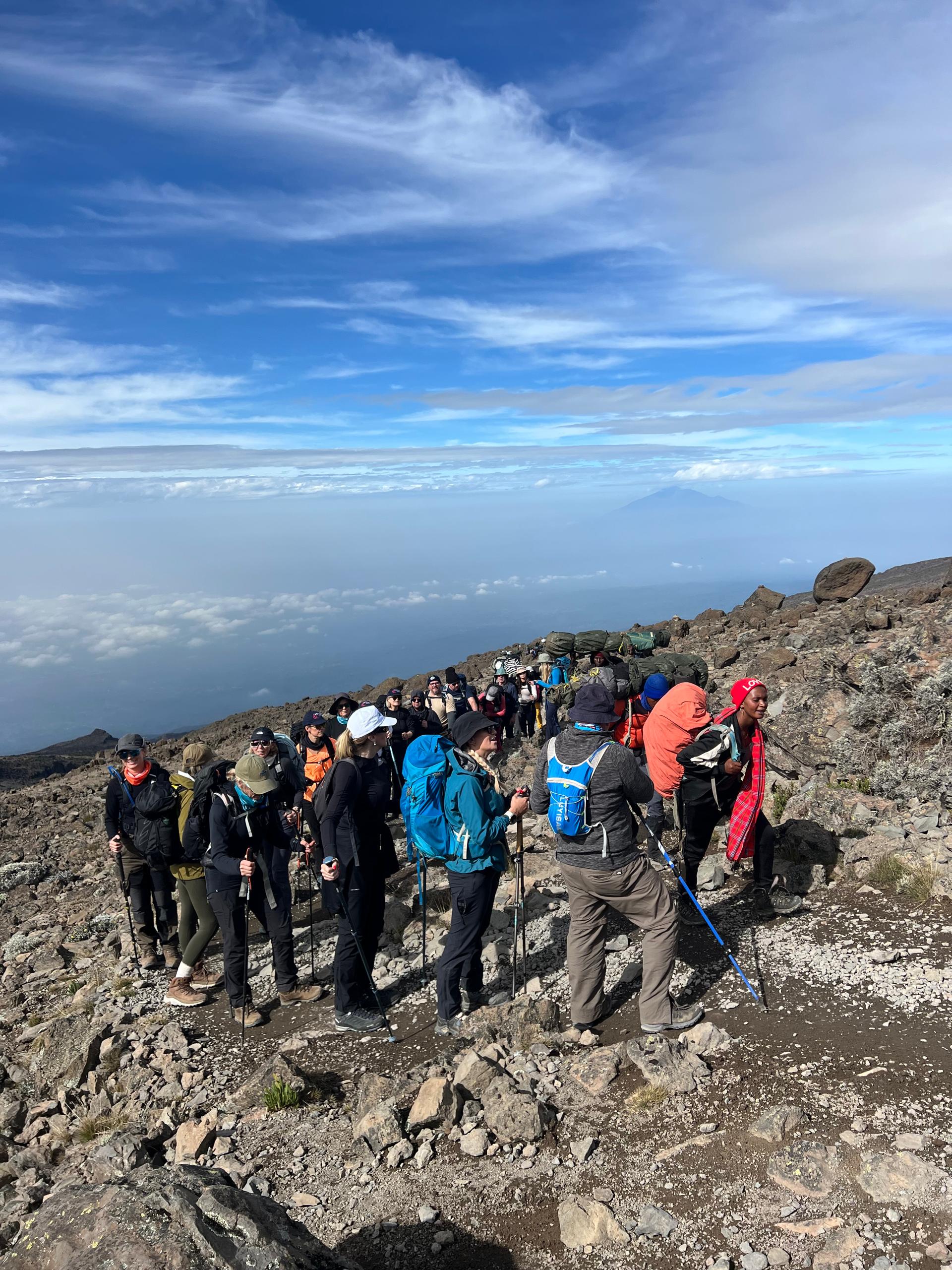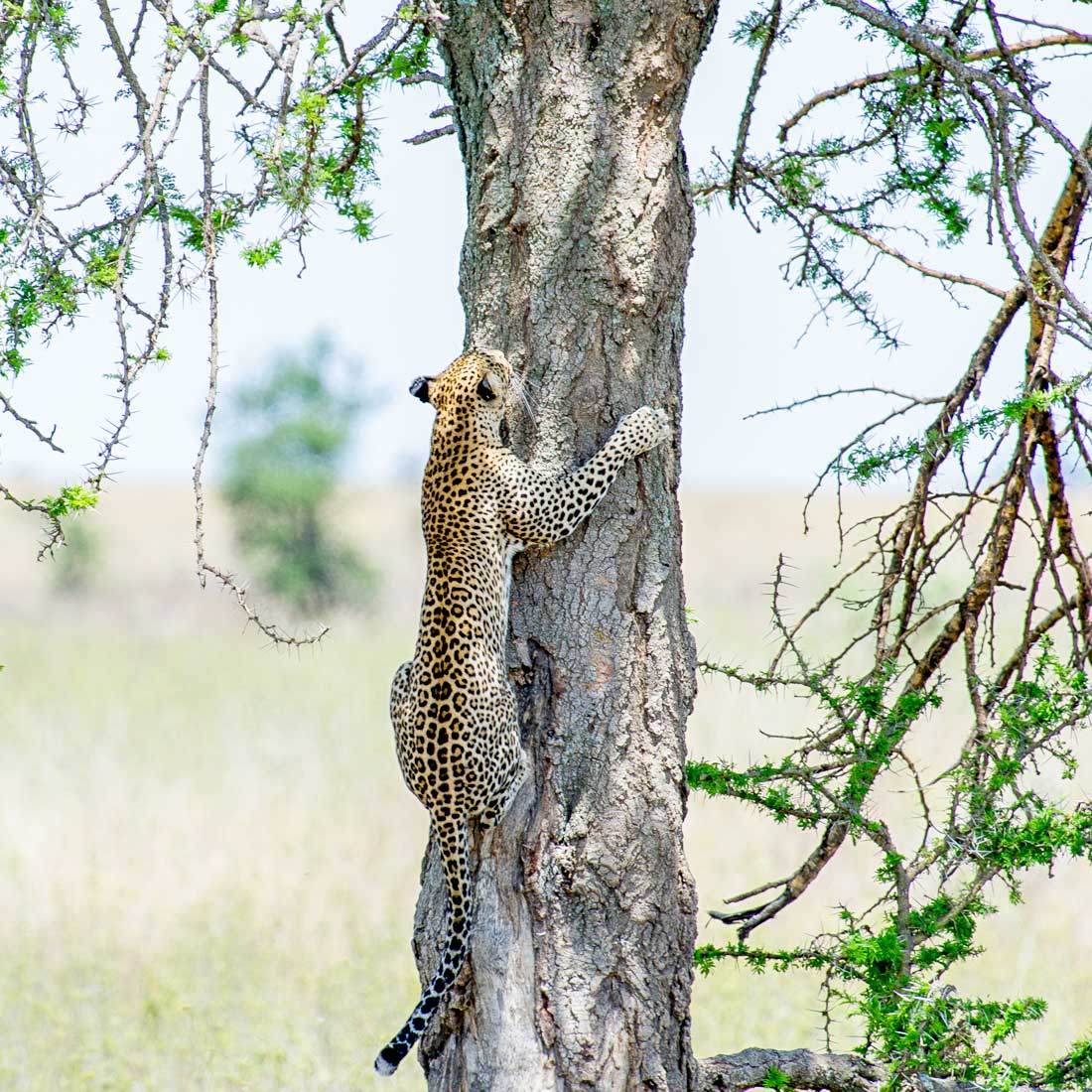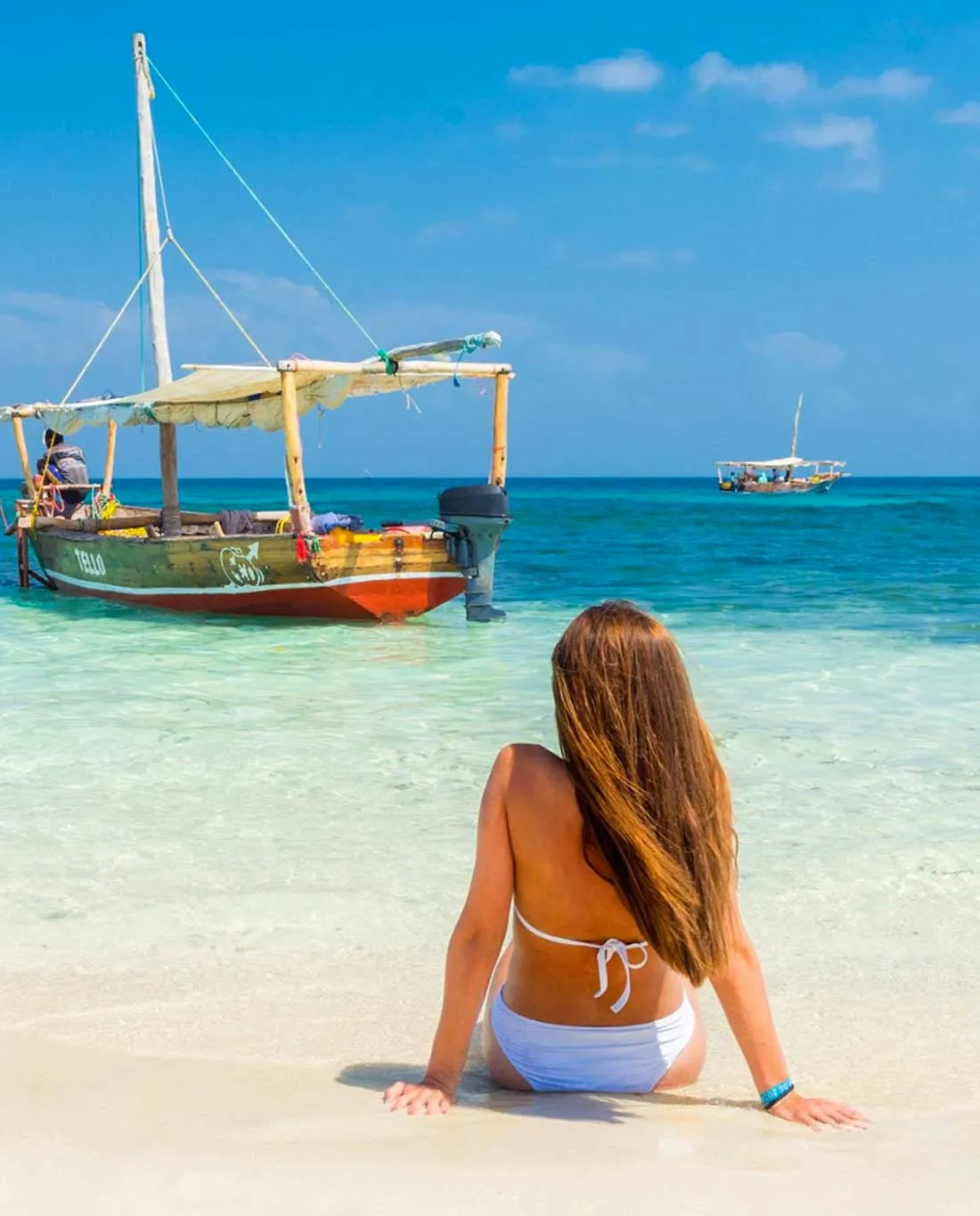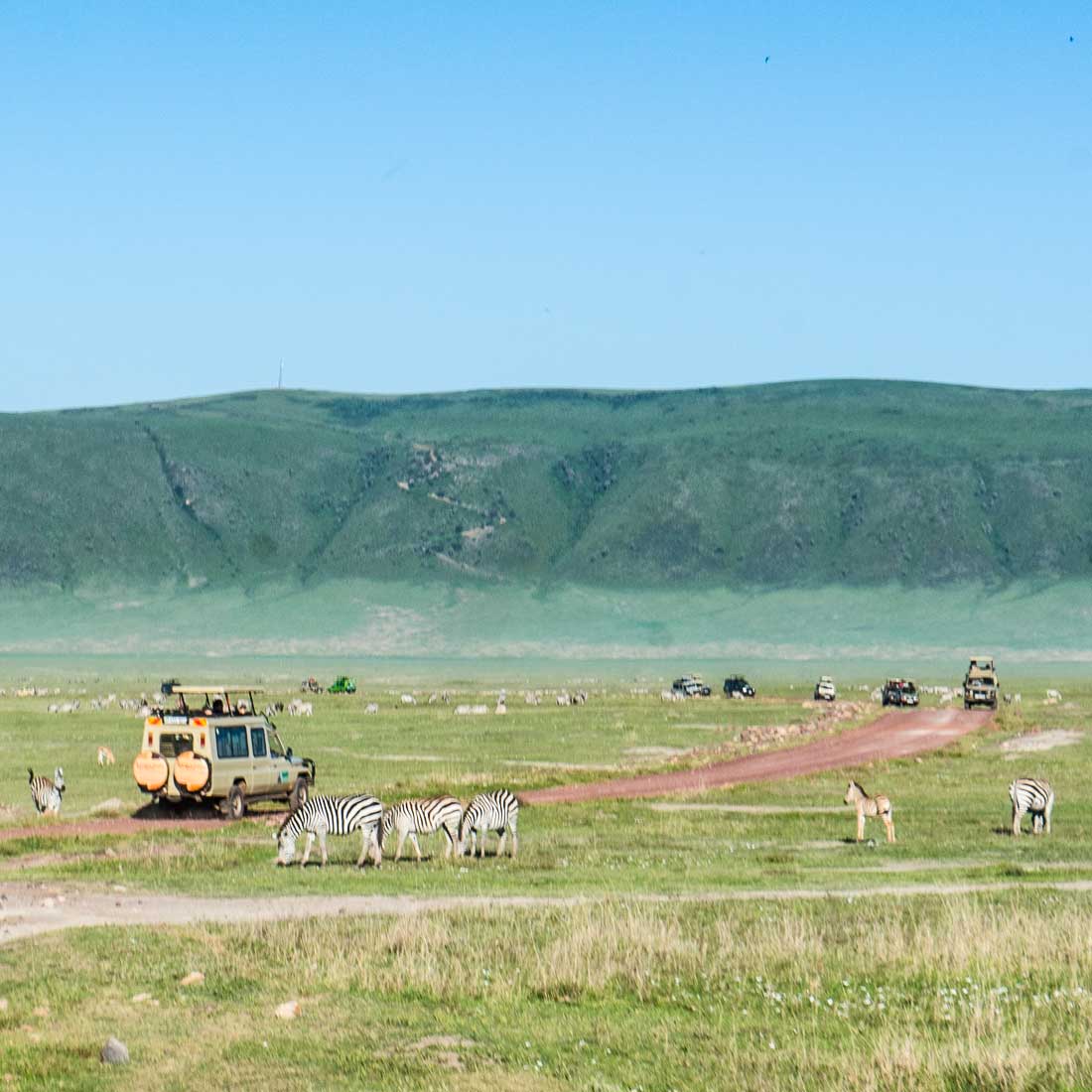Everything You Need to Know Before the Climb
Mount Kilimanjaro, Africa’s highest peak, stands at 5,895 meters above sea level. While it doesn’t require technical climbing, it demands serious preparation—physically, mentally, and logistically. Proper preparation increases your chances of reaching the summit safely and successfully.
1. Physical Fitness Training
You don’t need to be an elite athlete, but you do need good cardiovascular fitness and stamina.
Focus Areas:
Hiking/Walking: Train with long-distance treks, ideally with a backpack and on varied terrain.
Cardio Exercises: Incorporate running, cycling, or swimming 3–5 times a week.
Strength Training: Core and leg strength are key. Include squats, lunges, and step-ups.
Practice Hikes: Do at least one multi-day hike before Kilimanjaro to simulate conditions.
2. Altitude Acclimatization
Altitude is the greatest challenge on Kilimanjaro. Symptoms of Acute Mountain Sickness (AMS) can affect anyone, regardless of fitness.
Tips for Acclimatization:
Choose a longer route (7–9 days) to give your body time to adjust.
Climb high, sleep low when possible.
Go slow — “pole pole” is a Swahili phrase you’ll hear often.
Stay well hydrated (3–4 liters per day).
Consider taking Diamox (consult your doctor first).
3. Mental Preparation
Mental toughness is as important as physical fitness. Prepare for:
Pro Tip: Set realistic expectations and remain focused on one day at a time.
4. Packing the Right Gear
Good gear can be the difference between a comfortable trek and a miserable one. Your kit should prepare you for all weather conditions.
Must-Have Items:
Layered clothing system (base, mid, outer)
Insulated down jacket
Waterproof jacket and pants
Quality hiking boots (well broken in)
Warm sleeping bag (rated for -10°C or lower)
Headlamp with extra batteries
Trekking poles
Hydration system or bottles
Personal first aid kit
For more, view our Mountain Climbing Packing List
5. Health & Vaccinations
Consult your healthcare provider 4–6 weeks before departure.
Recommended Vaccinations: Yellow Fever (if coming from endemic area), Hepatitis A & B, Typhoid, Tetanus
Malaria: Kilimanjaro itself is malaria-free due to altitude, but anti-malarials may be recommended for travel before/after the trek.
6. Travel Insurance
Purchase insurance that covers:
High-altitude trekking (up to 6,000m)
Emergency medical evacuation
Trip cancellation/interruption
7. Choosing the Right Operator
A responsible and experienced operator ensures your safety, comfort, and support throughout the trek. At African Giant Adventures, we offer:
Certified professional mountain guides
Daily health checks (pulse oximeter, symptom review)
Emergency evacuation procedures
High-quality tents, meals, and support crew
8. Mental Checklist Before Departure
Are your boots broken in?
Have you completed long hikes with your gear?
Do you have all necessary documents and insurance?
Are you psychologically ready for a challenge?
Climbing Kilimanjaro is an unforgettable experience — with the right preparation, you’ll enjoy every moment from the rainforest to the summit.
Need help planning your trek?
Contact African Giant Adventures today for expert advice and tailor-made Kilimanjaro packages.





